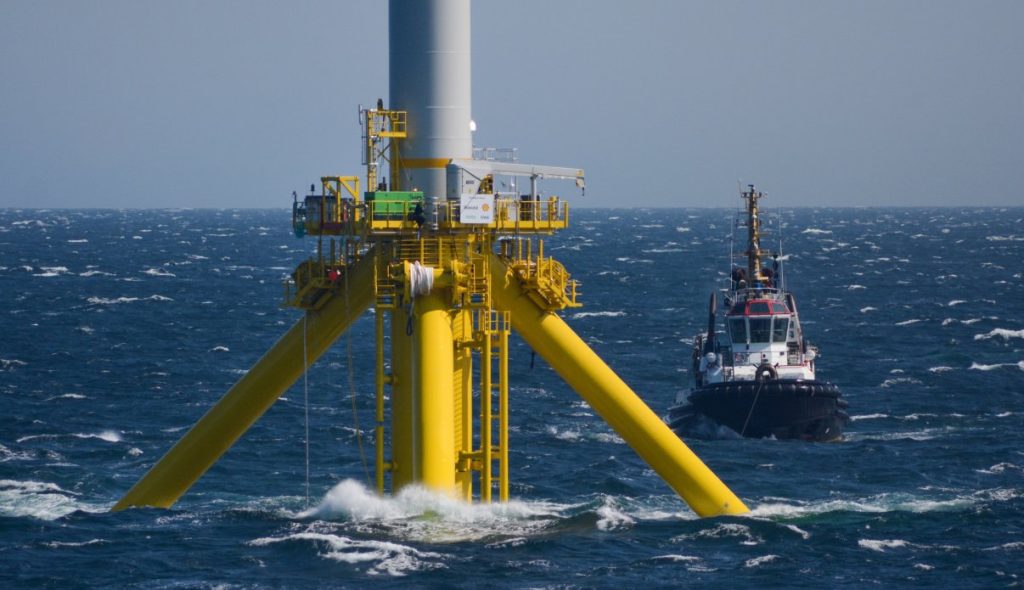Offshore mooring systems play a crucial role in ensuring the safety and effectiveness of oceanic tasks. They provide the necessary resources to set up vessels during stacking and dumping operations, provide support, and anticipate freedom for travel. These systems are fundamental components of offshore foundations, ensuring vessel stability and security in a variety of marine conditions. We should delve deeper into how offshore mooring systems play an essential role in protecting ships and advancing functional success.
The Usefulness of Offshore Mooring Systems
Anchors, chains, links, and connectors form the core of offshore mooring systems, strategically positioned to secure vessels to stationary or floating structures such as offshore platforms, floats, or docks. These systems allow vessels to remain fixed despite the forces of wind, waves, and flows, ensuring safe and stable conditions for stacking, dumping, and other oceanic activities.
Improving safety and security
Offshore mooring systems’ basic role is to improve ship safety and soundness during securing tasks. By safely securing vessels to assigned mooring focuses, these systems forestall floating or hauling, decreasing the risk of crashes, groundings, or other mishaps. In addition, offshore mooring systems are intended to endure the unique forces of the marine climate, giving them solid holding power even in unfavourable atmospheric conditions.

Custom-fit Answers for Assorted Applications
The flexibility of offshore mooring systems allows for customization to meet the specific needs of different vessels, regions, and operational conditions. From single-point mooring systems for temporary jetty operations to spread mooring systems for long-haul organizations, a variety of designs are available to accommodate a wide range of oceanic applications. Also, advancements in mooring innovation have prompted the advancement of creative arrangements, for example, dynamic situating systems and manufactured mooring lines, further improving adaptability and productivity.
Alleviating Natural Dangers
Offshore mooring systems, in addition to advancing vessel safety, also play a critical role in mitigating ecological dangers related to oceanic activities. By safely mooring vessels set up, these systems limit the probability of oil slicks, contamination, or harm to delicate marine ecosystems.
Driving Functional Success
Offshore mooring systems will eventually play an important role in driving functional success and productivity in the sea business. By providing a dependable method for getting vessels set up, these systems work with smooth and continuous stacking, dumping, and freight movement tasks, limiting personal time and boosting efficiency.
The offshore mooring systems play a critical role in ensuring ship safety, solidity, and success in offshore tasks. From improving vessel safety and security to moderating natural dangers and driving functional effectiveness, these systems are crucial parts of the sea framework. By putting resources into top-notch mooring arrangements and sticking to best practices for establishment and support, shipowners and administrators can secure their vessels for success in the dynamic and testing offshore climate.